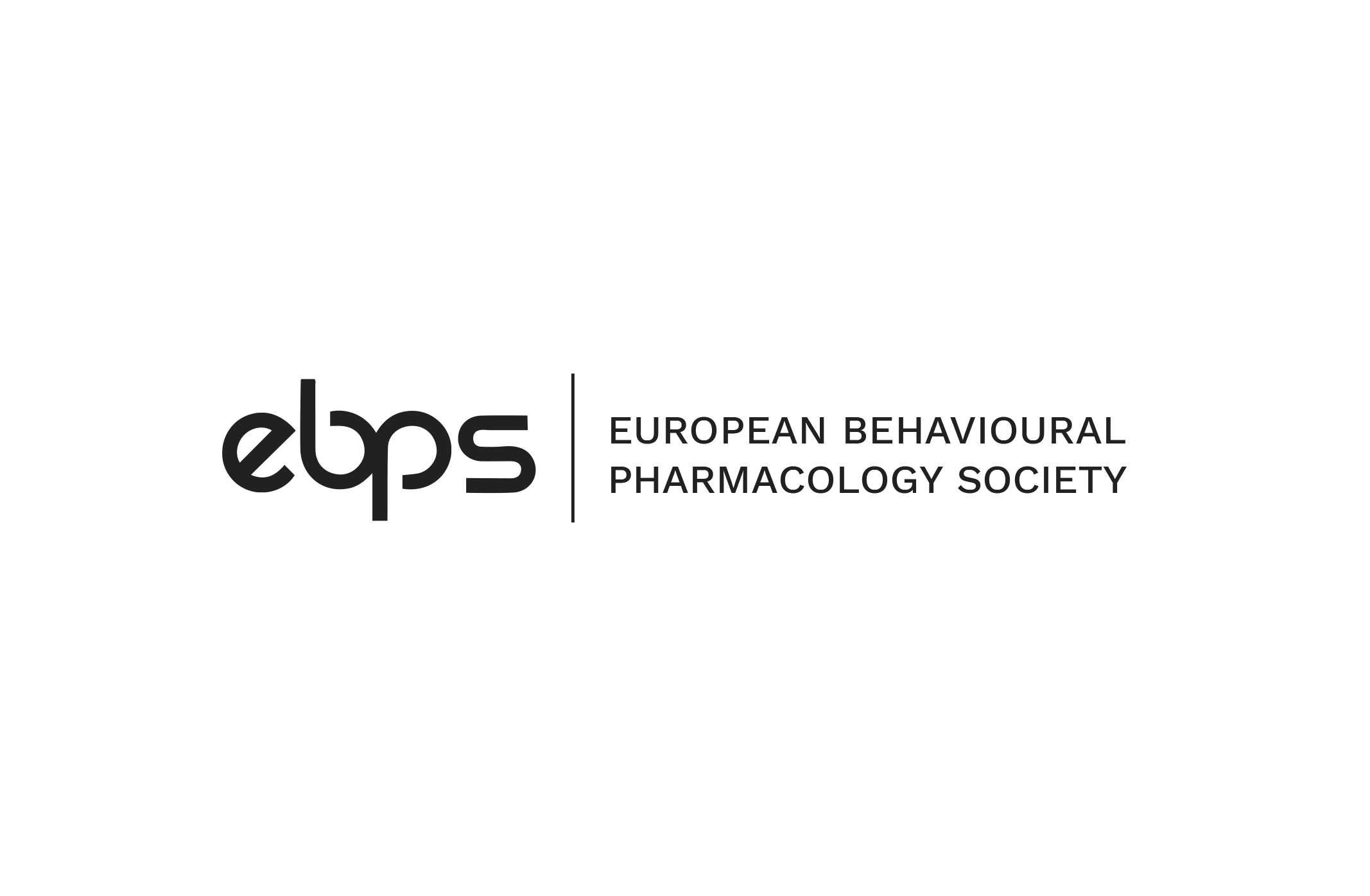DESCRIPTION
The Federation of European Neuroscience Societies Committee on Animals in Research (FENS CARE) announces an opportunity for young scientists to contribute their insights and perspectives to a crucial and thought-provoking topic: Animal experiments in brain research.
Animal experimentation has been a longstanding practice in scientific research, contributing to numerous advancements in medicine, biology, and other fields. However, the ethical implications and evolving alternative methods have raised questions about the continued necessity of animal experiments. We invite young, passionate, and innovative students and scientists to contribute to these debates and win a prize of 500 EUR in each of the two categories.
Additionally, outstanding contributions will be considered for publication in the society’s journal EJN, will be advertised on the FENS CARE website and will be read during the coming FENS Forum in Vienna in June 2024.
Questions to consider:
- How can researchers balance the potential benefits of animal experimentation in brain research with ethical concerns and animal welfare?
- Can you provide specific examples of crucial scientific advancements in brain research that resulted from animal experimentation?
- How do researchers in neurosciences determine the scientific necessity of using animals in their studies?
- Can emerging technologies offer more ethical and effective alternatives to animal testing in certain research areas?
- What are the current limitations of alternative methods, and how can they be addressed?
- How do different countries and cultures approach the ethical considerations of animal experimentation?
- What efforts can be made to improve public understanding of the ethical considerations and scientific necessity of animal experimentation?
If any of the above questions sparked your imagination, and you feel like sharing your answers with others, choose from the categories and submit your application!
CATEGORIES
A. Literary work
In this category, you have great literary freedom, whether it’s poetry, prose, slam, or a story, as long as it is in textual form.
B. Scientific essay
ELIGIBILITY
Applicants must be Early Career Researchers (ECRs). ECRs are defined as postgraduate students undertaking MSc, MD, PhD, or assistant/trainee in the clinical sciences. A valid student/trainee enrolment form (or letter on official letterhead) is required to prove eligibility. Applicant name, institution name, and enrolment status must be indicated. Researchers within the first five years of completing their highest degree (e.g., BSc, MSc, MD, PhD, or other professional doctorate) or, for clinical psychologists, the first five years after starting work as a clinical psychologist are eligible. A copy or photograph of the diploma (or letter on official letterhead) is required to prove eligibility. Applicant name, institution name, and graduation date must be indicated. This five-year period will be extended in case of maternity leave or other justifiable leaves of absence.
SUBMITTING YOUR APPLICATION
Applicants are invited to submit the following documents to care@fens.org by 5 pm 3rd of May 2024
• Documents to prove eligibility
• Submission criteria for different categories:
a. Literary work: PDF format, max. 2000 words
b. Scientific work: PDF format, max. 2000 words (excluding references)
We will notify the winners before 31 May 2024. We look forward to receiving your applications, contributing to the ongoing dialogue on the role of animal experimentation in scientific research and hosting an insightful forum on this crucial and sensitive subject. For further information, contact: care@fens.org
FENS CARE

